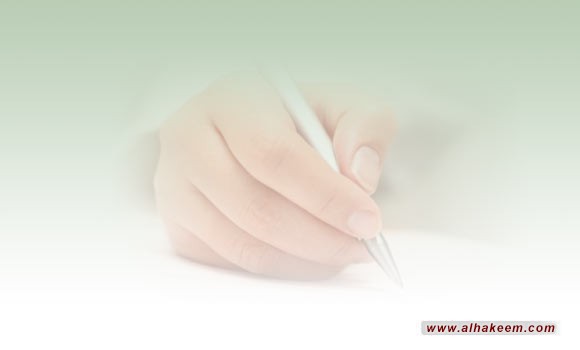
We strongly condemn the terrorist attacks that lead to the martyrdom and wounding of tens of innocent lovers of the Ahlul-Bait (peace be upon them) in Egypt and the dragging of deceased bodies along the ground that took place afterwards.
As we ask the Almighty Allah to send His mercy on the souls of the martyrs and to grant the wounded fast recovery, we call the government and the judiciary of Egypt to take the responsibility in bringing the perpetrators and those who motivated them with incitement verdicts to justice. In addition, we call the Egyptian government to take the necessary steps in preventing the recurrence of similar events.
We pray to the Almighty Lord to bless the efforts of Al-Azhar in promoting a culture of moderation and rejecting extremism and hatred, which distort the image of Muslims and rupture the unity of the peaceful Egyptian nation.
"There is no power save from Allah, the All-high, the All-Great"
The Office of the Religious Authority, Sayyid Mohammed Saeed Al-Hakeem
